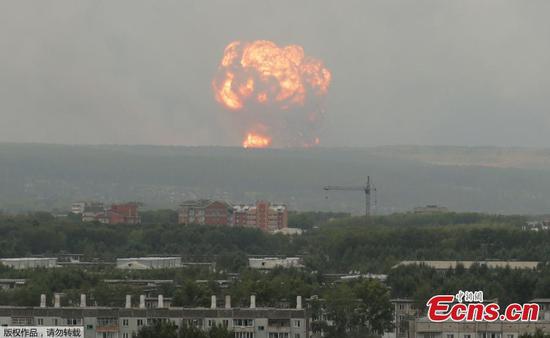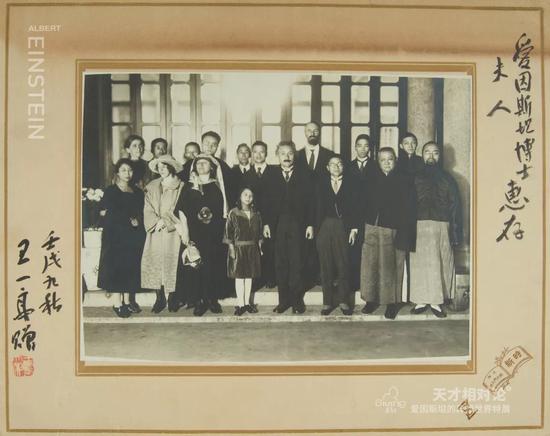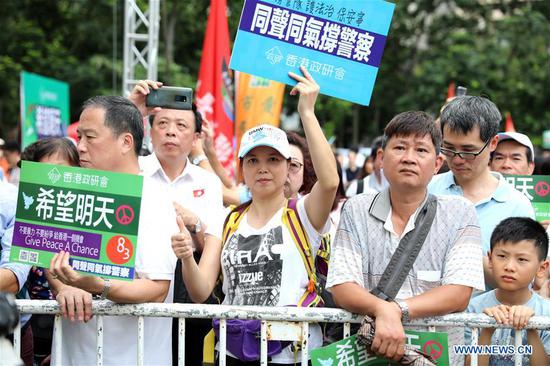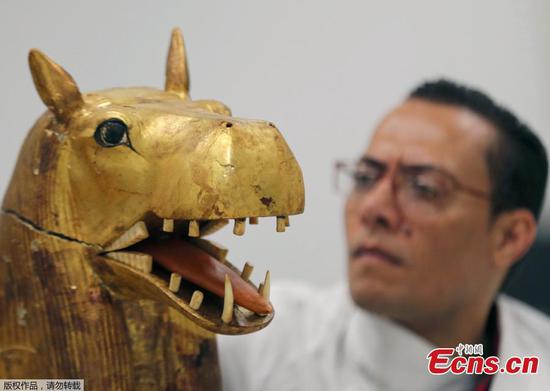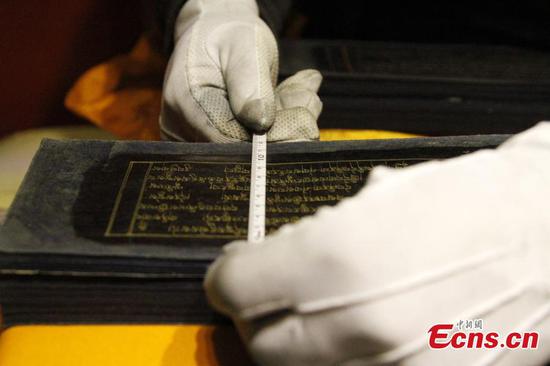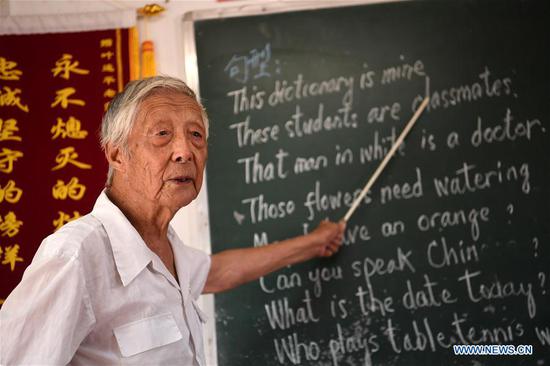China won't use the yuan as a tool to deal with trade conflicts, central bank governor Yi Gang said Monday, vouching for the nation's persistence in the market-oriented yuan following the Chinese currency's slide past a key mark.
On Monday morning, both onshore and offshore yuan weakened past 7 against the U.S. dollar, a key psychological level the Chinese currency hasn't breached since 2008.
China, as a responsible major power, will honor its promise regarding the currency issue made at the G20 leaders' summits. The nation will stick to a market-determined foreign exchange rate system, Yi said in a post on the website of the People's Bank of China (PBC) late Monday.
Neither will China resort to yuan depreciation for competitive purposes nor will it use currency as a tool to deal with external disturbances such as the trade conflicts, he noted.
Yi's comments should sober up U.S. President Donald Trump who has shown an addiction to tariff threats and currency manipulation allegations, Chinese analysts noted.
In a tweet on Monday, Trump wrote, "China dropped the price of their currency to an almost a historic low. It's called 'currency manipulation.'"
"This is a major violation which will greatly weaken China over time," read the tweet.
Trump's accusation doesn't make sense, as the U.S. Treasury has repeatedly refrained from labeling China as a currency manipulator, said Wu Jinduo, head of fixed income at the research institute of Great Wall Securities.
China's monetary policymaking is contingent upon the nation's domestic needs, especially maintaining the yuan's stability, which suggests manipulative moves are not in China's interest, Wu told the Global Times.
New conditions have emerged in the international economic and trade friction landscape and market expectations have changed accordingly. As a result, many currencies have depreciated against the dollar since August, and the yuan's exchange rate has been affected as well, Yi, the central bank governor said, adding that the fluctuations are driven and determined by the markets.
In an earlier statement, the central bank said the yuan will be kept basically stable at a reasonable and equilibrium level, defusing concerns over the yuan's slide past the key level.
The yuan's sudden weakness, according to PBC, was due to multiple factors, including unilateralism, trade protectionist measures and the expectations for the U.S. imposition of tariffs on Chinese products.
In a fresh sign of trade war escalation, Trump on Thursday tweeted a threat to impose an additional 10 percent in tariffs on all remaining $300 billion worth of Chinese imports.
The continuation of trade frictions has led to a marked increase in market uncertainty, and depreciation pressure on the yuan has also placed yuan-denominated assets under pressure, Hong Hao, managing director and head of research at BOCOM International, told the Global Times on Monday.
The yuan's depreciation pressure also indicates the market's expectations for policy easing, he said.
Market watchers generally describe the weakening of the yuan as normal market reactions to Trump's threat of new tariffs as well as the dollar's strength.
The market anticipated the negative impact of the tariff increase on China's trade, and the yuan depreciated to offset such influence, Zhou Yu, director of international finance of the Shanghai Academy of Social Sciences, told the Global Times Monday.









